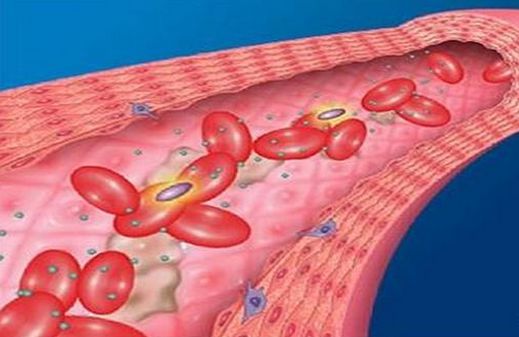If at First Tirzepatide Doesn’t Succeed, Keep Trying

NEW ORLEANS — When using tirzepatide (Zepbound, Eli Lilly) to treat obesity, patience may pay off.
New post hoc data from Lilly’s SURMOUNT-1 trial of people with overweight or obesity but not diabetes suggest that the drug will almost always produce at least 5% weight loss eventually, even among slow responders.
“Some obesity treatment guidelines suggest discontinuing anti-obesity medication (AOM) that fails to produce 5% or greater weight reduction within 12 weeks. Newer AOMs may take longer to achieve full weight-loss benefit given their recommended
dose titration schedule,” Kimberly Gudzune, MD, director of the Johns Hopkins Healthful Eating, Activity & Weight Program, Baltimore, Maryland.
The analysis showed that among participants who had lost less than 5% of their body weight by week 12 of tirzepatide, nearly all went on to lose 5% or more by week 72. Thus, Gudzune said, “It is reasonable to consider treatment for longer than 12 weeks to determine weight loss response to tirzepatide, which takes at least 20 weeks to reach the highest dose.”
Session moderator Thanh D. Hoang, DO, director of the endocrinology division at the Uniformed Services University of the Health Sciences, Bethesda, Maryland, told Medscape Medical News that he generally agrees with that conclusion, given that guidelines suggest titrating these new medications beginning with a very low dose, 2.5 mg for a month or so, then to 5 mg, 10mg, and 15 mg, each with 1 or 2 months in between, to ensure tolerability.
“I would keep them on it past 24 months even if they had very slow weight loss. But after 3 months of medium doses if there’s no response at all, I will talk to the patient and give them the option to either discontinue the medication, try a different one, or stay on it for another 3 months. If after about 6 months there’s no effect at all, I would likely stop it,” Hoang said.
The current post hoc analysis included a total of 1545 patients who had been randomly assigned to total tirzepatide doses of 5 mg, 10 mg, or 15 mg, and had data available at weeks 0, 12, 24, and 72. Among those, 1267 had lost at least 5% of their body weight by week 12, defined as “early responders,” and 278 had lost less than 5% of body weight by then, called “slow responders.”
At baseline, slow responders were significantly more likely to be male (44.8% of slow vs 30.1% of early responders; P < .001), have higher body weight (24.3 kg vs 21.8 kg; P < .001), and lower waist circumference (117.5 cm vs 113.4 cm; P < .001). There were no significant differences by age, body mass index, prediabetes status, or obesity duration.
By the end of dose titration at week 24, 70% of slow responders had achieved 5% or more of body weight reduction, as had 100% of early responders. By 72 weeks, 90% of the slow responders had achieved at least 5% of body weight loss and 30% had achieved at least 15% reduction.
Even in the group maintained on the lowest 5-mg dose throughout the trial, 87% had achieved at least 5% weight loss by week 72, with 15% achieving at least 15%. And in the group that had been titrated up to 15-mg tirzepatide, 94% of slow responders achieved at least 5% weight loss.
The mean time to reaching 5% weight loss for slow responders who went on to achieve 5% or greater weight loss was 24.8 weeks.
Of the total 1545 participants, there were 28 who had lost less than 5% overall body weight on tirzepatide. Of those, four had missed more than three consecutive doses and 13 were on the lowest 5-mg dose.
“Future studies are warranted to better understand the variability in weight loss response to tirzepatide treatment,” Gudzune concluded.
Hoang said that in his experience using tirzepatide, “most of them respond, but then I don’t have 1000 patients.”
The study was sponsored by Eli Lilly & Co. Gudzune serves on advisory panels for Eli Lilly and Novo Nordisk, receives research support from Novo Nordisk, and royalties from Johns Hopkins ACG System. Hoang is an employee of the US Department of Defense, but his comments reflected his personal opinions and not those of his employer. He has no further disclosures.
Miriam E. Tucker is a freelance journalist based in the Washington DC area. She is a regular contributor to Medscape, with other work appearing in the Washington Post, NPR’s Shots blog, and Diatribe. She is on X (formerly Twitter) @MiriamETucker.




